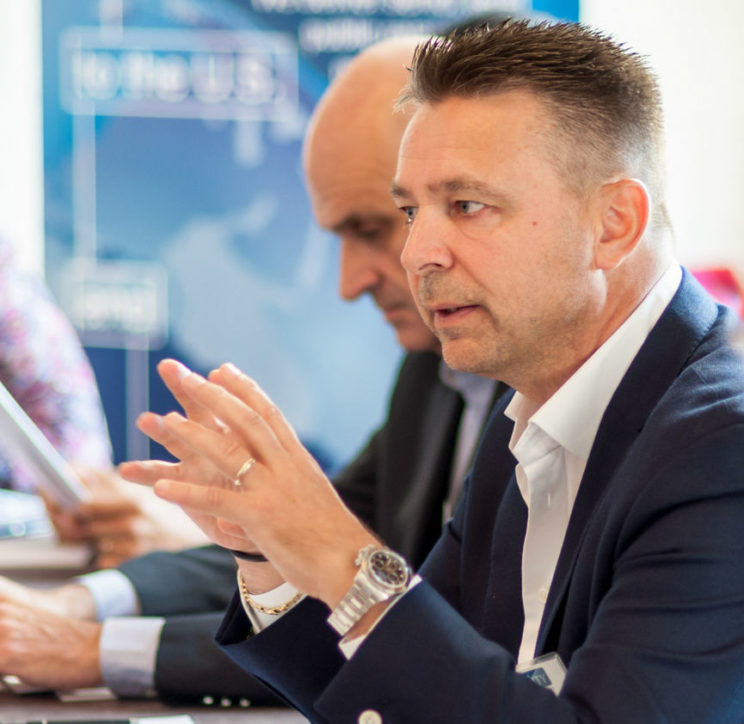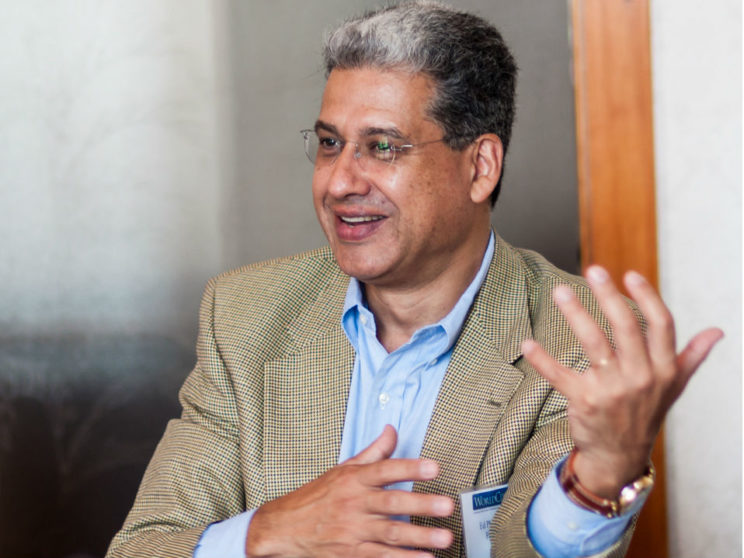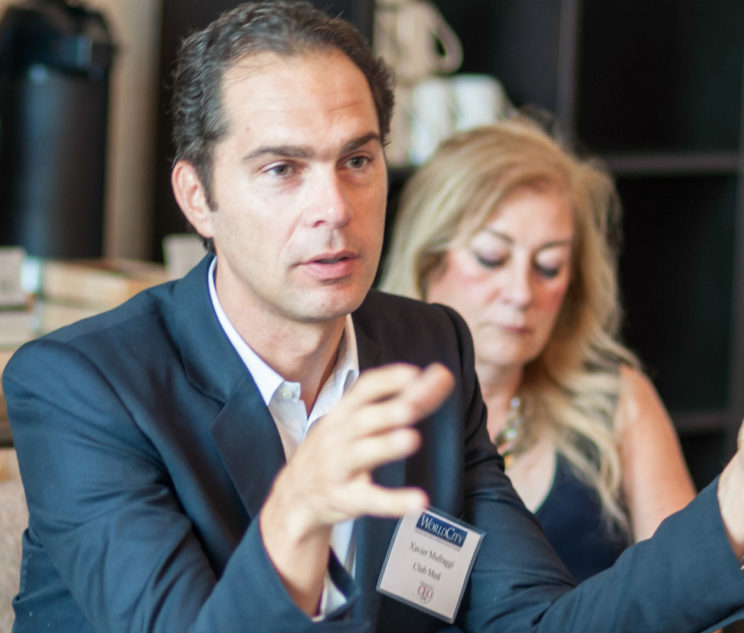Duty free: Beyond shopping, a niche indicator
Duty free shopping is a fun part of international travel. After all, where else can you stock up on top liquor brands, pricey perfumes and fancy cigars shorn of their tax and customs charges?
But duty free companies are a lot more than fun, said Rene Riedi, regional COO for Region 2 of the Dufry Group of companies, which covers Caribbean and Latin American markets except for Brazil and Bolivia.
Duty-free represents a $40 billion per-year sector worldwide, Riedi said. It’s retail with a twist: Because of its clientele, the sector is a weather vane of international travel; it has a finger on the pulse of some luxury spending, and, because many — though not all – shops are located in airports, it moves cheek-to-cheek with the aviation industry. What’s more, using data generated by its clients, the business has a unique window into the consumer habits of the traveling public.
Succeeding in duty free starts with the right merchandise mix, Riedi explained. “It is up to us to analyze what the market requires, and what is not there,” he said, adding that goods must be competitive with the local market. For example, prices on a name brand gold bracelet in the airport duty free shop would not exceed what the customer could get in that city’s mall; yet sales must be profitable as well.
Riedi spoke at WorldCity’s CEO Club meeting held June 3, 2016, in Coral Gables. He first sketched the history of duty free shopping for the roundtable. The business began in Shannon, Ireland, after World War II, at the dawn of large-scale international air travel. At that time, the Irish airport was the closest stop for east-west transatlantic flights.
Alcohol, tobacco, perfume, food and more
Today, “the biggest segments are different in different airports,” Riedi said. Alcohol and tobacco products lead the way — unsurprising given how governments typically load up such products with excise taxes and fees to fund a variety of initiatives. Next comes perfume and cosmetics, followed by food and sweets, with watches, jewelry and luggage accounting for about 10 percent of sales, he said.
Downtown duty free shops are “very important in Asia and South Korea,” Riedi said, while military personnel and diplomats have access to duty-free on military bases. Other shops can be found in railway stations, seaports and with cruise lines.
“How do you deal with safety and security?” asked Elba Hentschel, WorldCity’s director of international and corporate affairs.
“It’s organized airport-by-airport,” Riedi replied. “Shrinkage is very important.” If something gets lost or stolen, it loses its duty free status, “and you have to pay taxes, duties and penalties — even if you break a bottle.”
Meanwhile, Dufry — which also owns the Hudson Group that operates Hudson News stores — has to deal with the customs agency of each country in which it operates. “We have to show customs, when they come to audit, that we have one legitimate sales.”
“How do you guarantee pricing?,” asked Xavier Mufraggi, president and CEO, North America, of Club Med. That resulted in discussing the more intricate details of how a company like Dufry does business.
Riedi explained that Dufry maneuvers among several stakeholders, including the airport-landlord and the vendors who sell at the duty free shops. Pricing particulars are part of contract negotiations.
“Pricing is very sensitive,” he said. “We try to offer a savings to the domestic market.” Several times a year, he added, The company surveys prices in both the domestic markets and at other airports. “This gives us a reference.”
Analyzing data on duty free shopping
Audience members were interested in the economic relationship between countries and duty free operations.
“What is the incentive for the government not to collect taxes?” inquired Edvard Philipson, VP Latin America for Ferring Pharmaceuticals.
“One main reason is that commercial activity contributes to the revenue of the airport.” Riedi said. If they didn’t have income from retail, parking and other commercial activities, the government might have to finance operations. “The idea is to have airports be self-supporting,” he said.
Duty free shops differ in one way from other contemporary retailers: They are strictly brick-and-mortar. Nevertheless, they have access to data that any operation would envy. Because customers must show passports and tickets to make purchases, Dufry can correlate shopping not just by category and location, but by nationality, destination and even time of purchase. For example, it could look at what Russian nationals flying to Beijing buy between 8 a.m. and noon.
“I can get information in terms of what I want. Based on that, we are deciding what we are going to sell and how to lay out the space,” Riedi said.
“Are you allowed to market to past customers?” asked Ryan Shea, executive vice president, Florida and the Caribbean, Right Management. The company now has a loyalty card program, Riedi replied, that offers merchandise discounts as well as other perks, such as free airport valet parking.
Working with airports and airlines
Attendees were also curious about the relationship between Dufry and the airports themselves.
“How often do you renew your space at the airports?” Juan Morales, managing director of Stanton Chase International, wanted to know.
The company, Riedi replied, generally has long-term contracts of five years or more, and while some are renewals more-or-less automatic, others have to be renegotiated.
One variable faced by duty free shops is unique to its business model. Airlines can change terminals, upsetting a retail strategy geared toward those passengers, or, it may go out of business altogether, turning a once-bustling shop into a wasteland.
Dufry and other such companies keep a close eye on airport trends and operations. One he mentioned: the rise of low-cost carriers in the Latin America and Caribbean region. “This is good news.”
Remodeling, modernization and privatization are also key industry trends, he said. “Airport modernization goes hand-in-hand with aircraft orders,” Riedi said, buttressing his optimism with numbers; the Latin America and Caribbean region are now served by 513 aircraft, with 350 new ones on order. Of those, 30 percent are for replacement; the rest represent new and expanded capacity.
CEO Club is one of four event series put on by WorldCity to bring together executives in greater Miami on international business topics. CEO Club is sponsored by the University of Miami School of Business Administration, Berkowitz Pollack Brant and The Conroy Martinez Group.
The next CEO Club is scheduled for August 5.







